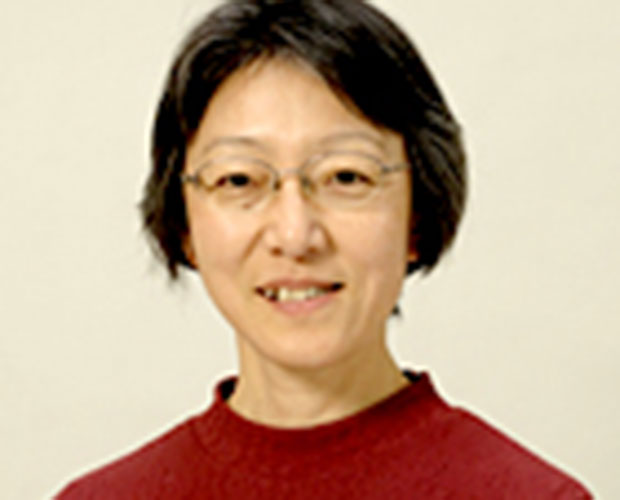Understanding the world through food issues

Understanding global food security challenges requires a breadth of perspectives, says Ritsuko Kawamura, Associate Professor of Rural Sociology and Agricultural Economics at Ritsumeikan University’s Graduate School of International Relations.
“Starting from the study of Japanese rural society, I broadened my perspective towards the world’s food problems and rural developments. I have been thinking about the meaning of food and agriculture in contemporary society” ever since, she says.
Today, Professor Kawamura looks at the intersection of food consumption and social structures. Her research includes the use of applied social statistics to understand the relationship between food production and environmental issues. She serves on numerous committees throughout Japan to examine agriculture, forestry, and fisheries policies. She is a member of the Regional Agriculture, Forestry, and Economic Association.
In her teaching, she encourages students to bring together different sources and resources. “Using materials including the newspaper, FAO newsletters, etc., we [must] discuss causes and responses to today’s food problems,” she says.
She also helped students develop a simulation to experience international negotiations firsthand.
“[I want] students to know the reality of the world. I want students to develop methods of approaching issues … from various disciplines.”
Professor Kawamura recognizes that global, statistical analyses alone will not provide insights into food security, though. “Although environmental issues are global challenges, seek the contact at the individual level in food,” she adds.

